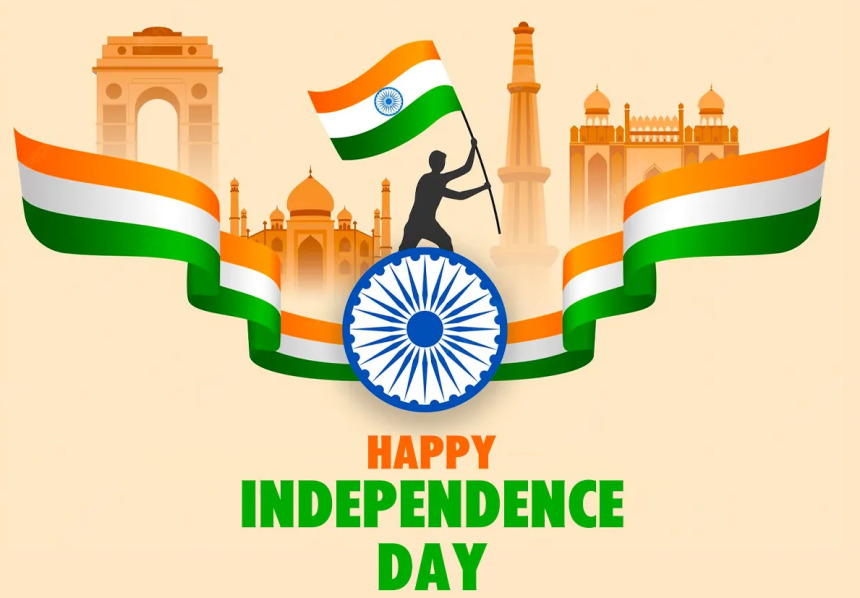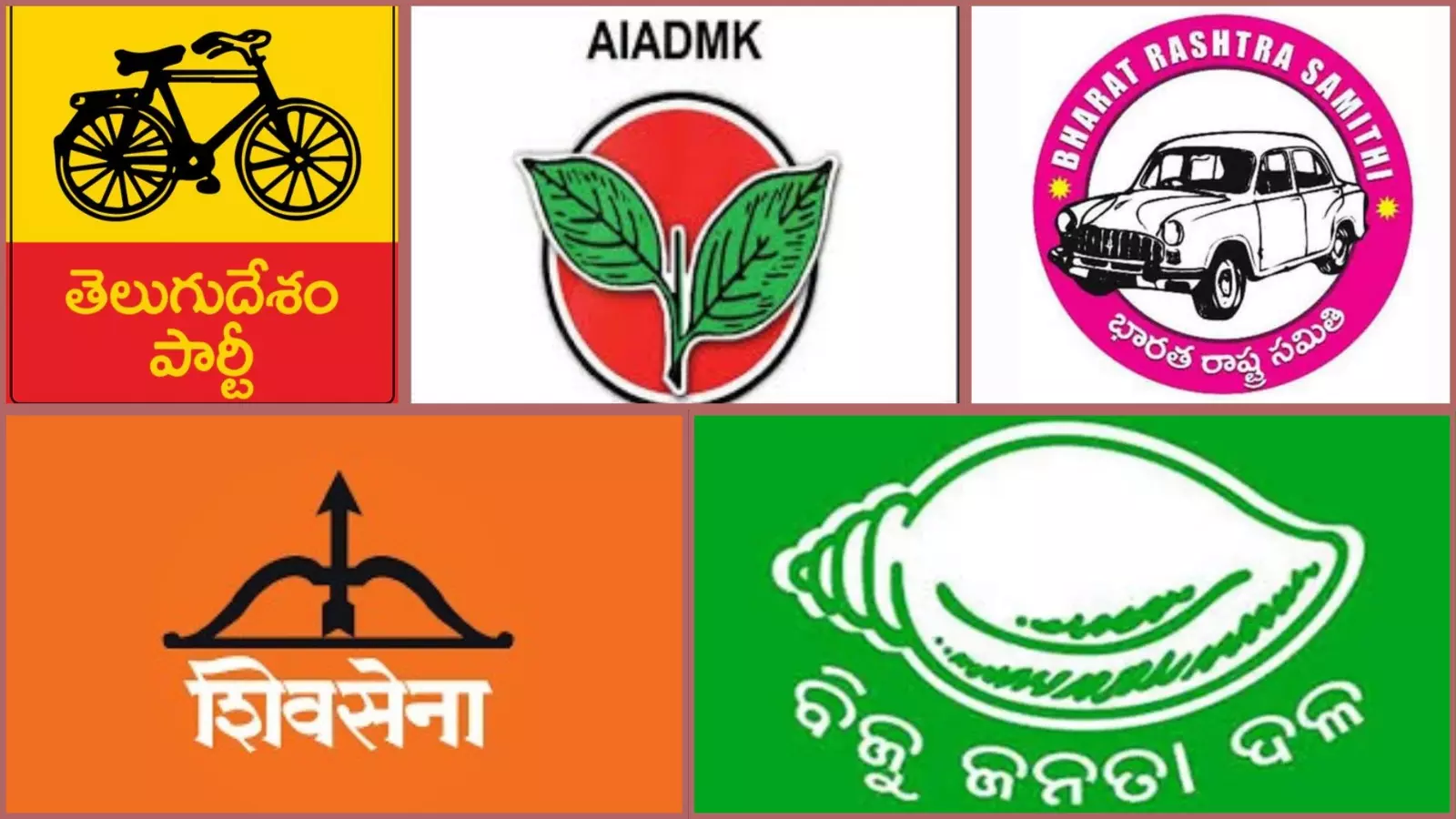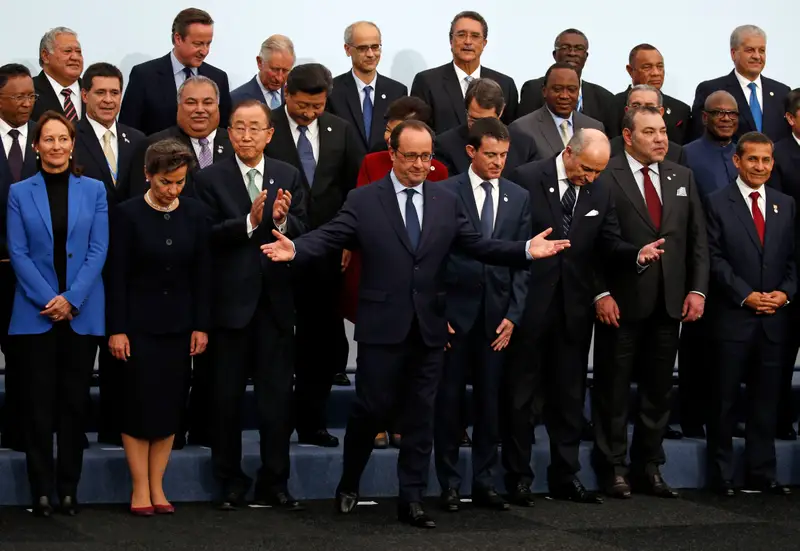In a world used to associating Indian cinema with Bollywood dance numbers and romantic plots, RRR burst through the gates like a cinematic juggernaut and rewrote the rules.
With its stunning action, epic storytelling, larger-than-life characters, and a now-iconic dance sequence, RRR became more than a movie—it became a global moment.
But RRR’s legacy goes beyond box office numbers.
It redefined how Indian films are perceived on the international stage.
Let’s explore how this Telugu-language historical epic, directed by S.S. Rajamouli, became a global phenomenon and changed the game for Indian cinema around the world.
🔥 1. It Proved Regional Cinema Can Go Global
RRR is not a Bollywood film.
It’s a Telugu (Tollywood) production—a fact that makes its global dominance even more significant.
For years, Bollywood has been seen as the face of Indian cinema internationally. But RRR changed that narrative, proving that:
Regional Indian cinema has world-class production value
Language isn’t a barrier when the story is strong
“Pan-India” is now “Pan-World”
RRR became a gateway for global audiences to explore South Indian storytelling, and it’s opened doors for other regional films like Kantara, Pushpa, and KGF.
🏆 2. It Made Oscar History
In 2023, RRR's “Naatu Naatu” won the Oscar for Best Original Song.
This was a landmark moment. Not just for Indian cinema, but for non-English, non-Western storytelling.
The electrifying dance-off scene between stars N.T. Rama Rao Jr. and Ram Charan lit up social media long before the Oscars. But the Academy’s recognition of it marked a shift in how authentic Indian expression is being appreciated globally.
This wasn’t a Westernised song catered to American tastes. It was pure, joyful, unapologetic Telugu cinema—and the world celebrated it.
💥 3. It Went Viral Without Hollywood Help
RRR didn’t have Marvel-level budgets. It didn’t have Hollywood studios backing it. And yet:
It earned over ₹1,200 crore globally
It got rave reviews from international critics (The New York Times, Variety, The Guardian)
It topped Netflix trending lists in the US and UK
Big Hollywood names like James Cameron and Edgar Wright praised it publicly
How?
Because word-of-mouth did what marketing couldn’t.
Film fans across cultures connected to its universal themes:
Friendship
Freedom
Sacrifice
Heroism
RRR was proof that you don’t need global studios to create a global impact—you just need a story that moves people.
🎬 4. It Elevated Indian Action to International Levels
Let’s talk about the action.
From a man fighting a tiger, to a flaming motorcycle being hurled through the air, to a jailbreak scene with one man on another’s shoulders firing two guns—RRR redefined what audiences thought Indian action cinema could be.
These sequences weren’t just CGI spectacles. They were emotionally charged, stylised storytelling tools—on par with Hollywood's best.
Critics called it:
“The most entertaining action film in years.”
“Fury Road meets Indian mythology.”
“Pure cinematic joy.”
This new bar has raised expectations for future Indian action films.
🇮🇳 5. It Celebrated Indian History Without Apology
RRR is a fictionalised tale based loosely on real Indian freedom fighters. But it never shied away from showing colonial brutality—or the power of indigenous resistance.
The film:
Showed Indian identity as heroic and culturally rich
Refused to explain itself to global viewers
Used mythological undertones, regional languages, and symbolic imagery
This was important. Because often, Indian films aiming for global appeal dilute their roots.
RRR didn’t. It doubled down on them. And proved that the more rooted you are, the more universal you become.
🌐 6. It Changed How the West Talks About Indian Films
Before RRR, international recognition of Indian cinema was often limited to:
Slumdog Millionaire (ironically, a British production)
Satyajit Ray's art films
Bollywood dance montages in memes
Post-RRR, the narrative is richer:
Indian blockbusters are now respected by film nerds
Film festivals are taking South Indian cinema seriously
YouTubers, critics, and reviewers from LA to Tokyo are doing deep dives on Rajamouli’s filmography
RRR forced the world to see Indian cinema as genre-rich, technically advanced, and massively entertaining.
💡 7. It Inspired the Next Generation of Indian Filmmakers
Most importantly, RRR inspired millions of Indian creators.
It showed:
You don’t need a Western co-producer to go global
Original stories rooted in Indian culture can win the world
Big risks can pay off bigger than expected
We’re already seeing ripple effects in newer pan-India films that are bolder, grittier, and globally ambitious.
Expect more cross-language collaborations, higher production value in regional industries, and more Indian entries in international awards and festivals.
✅ Final Thoughts: RRR Didn’t Just Win Awards. It Won Respect.
So, how did RRR change the game?
It redefined global expectations for Indian cinema
It shattered language and geography boundaries
It put South Indian cinema at the heart of a global film conversation
It reminded India—and the world—that our stories are powerful on their own
In a world chasing universality, RRR proved the power of specificity.
In a landscape full of reboots and sequels, it delivered originality.
And in doing so, it built a bridge between local pride and global applause.













Recent Comments
No comments yet.